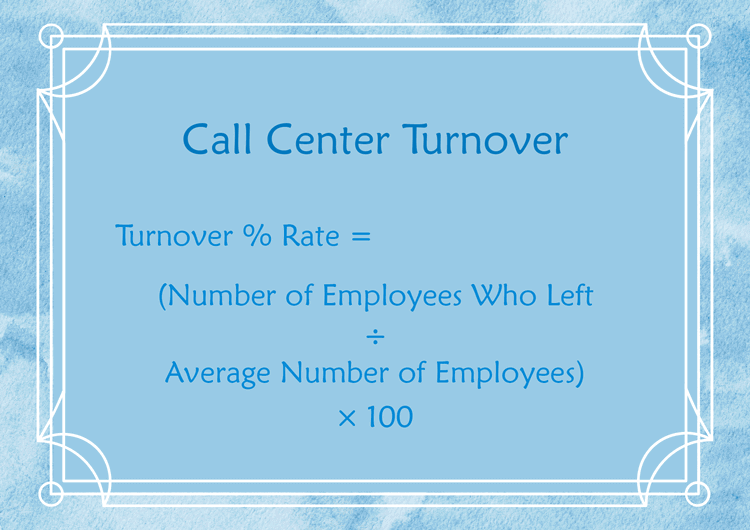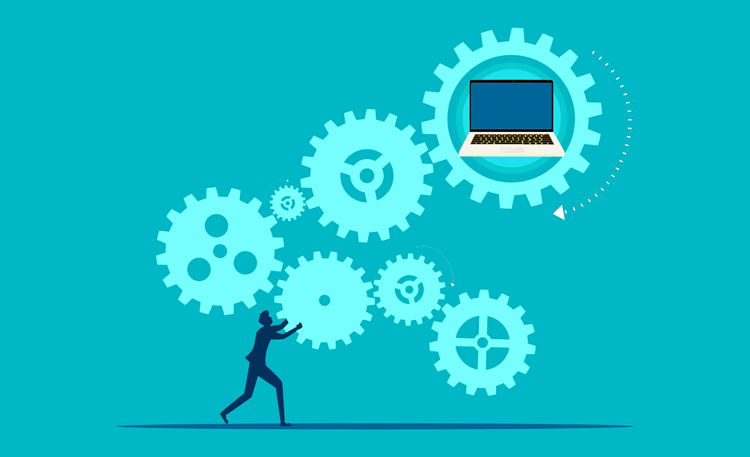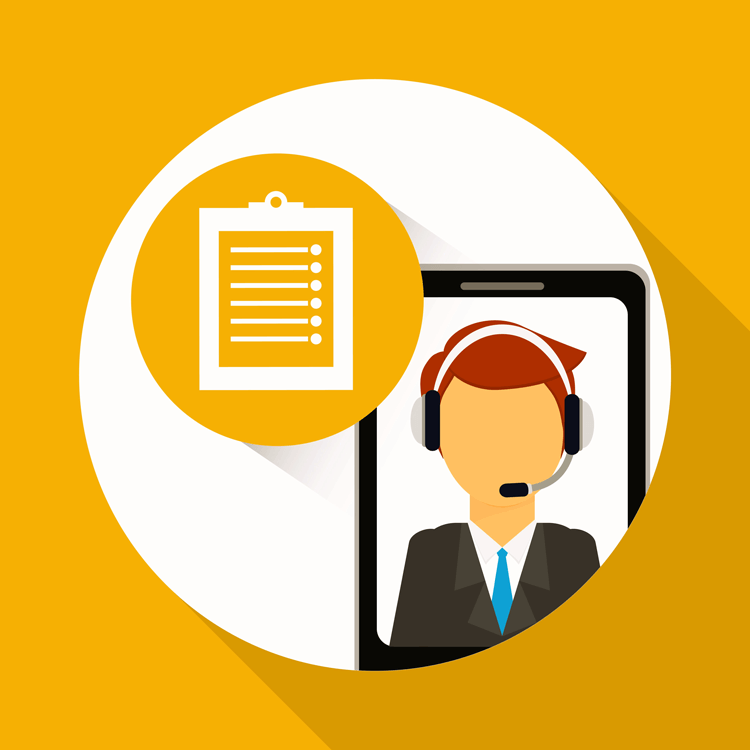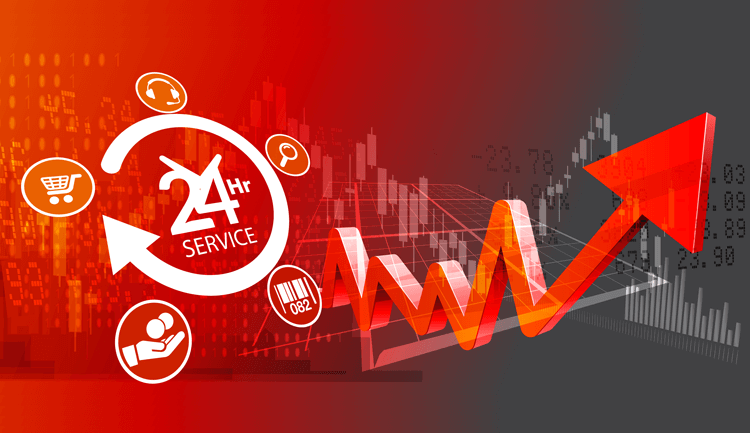The Healthcare Contact Center Fully Explained Plus Challenges With Solutions and Trends
What is a Healthcare Contact Center?
A healthcare contact center serves as a regulatory-compliant, centralized, multi-channel communication hub for a healthcare institution, like a doctor's office or hospital.











